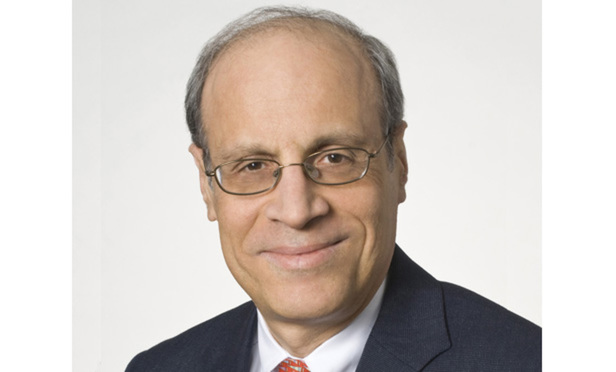On April 29, 2014, the U.S. Supreme Court handed down two 9-0 decisions—Octane Fitness v. Icon Health & Fitness and Highmark v. Allcare Health Management System—that reversed the U.S. Court of Appeals for the Federal Circuit and liberalized the standard for the award of attorney fees to a prevailing defendant in patent litigation. These decisions are already part of the vigorous debate about the need for “reform” of the Patent Act to curb abusive lawsuits.
Section 285 of the Patent Act, which authorizes a district court to award attorney fees in patent litigation, provides in its entirety that the “court in exceptional circumstances may award reasonable attorney fees to the prevailing party.” Until 2005, the Federal Circuit, like other circuit courts, instructed trial judges to consider the totality of circumstances when making fee determinations under §285.
This content has been archived. It is available through our partners, LexisNexis® and Bloomberg Law.
To view this content, please continue to their sites.
Not a Lexis Subscriber?
Subscribe Now
Not a Bloomberg Law Subscriber?
Subscribe Now
LexisNexis® and Bloomberg Law are third party online distributors of the broad collection of current and archived versions of ALM's legal news publications. LexisNexis® and Bloomberg Law customers are able to access and use ALM's content, including content from the National Law Journal, The American Lawyer, Legaltech News, The New York Law Journal, and Corporate Counsel, as well as other sources of legal information.
For questions call 1-877-256-2472 or contact us at [email protected]



